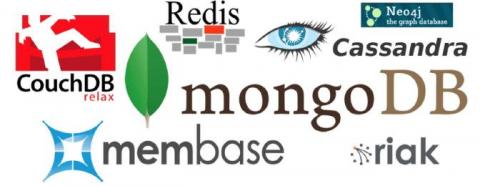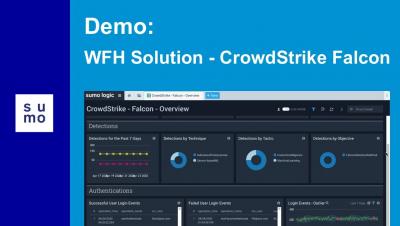NoSQL-based stacks exposed to the Internet
NoSQL technology has become more popular in recent years thanks to the development of new open-source NoSQL databases that are relatively easy to install, use and integrate with web frameworks. An example of one of those popular frameworks on the internet is known as MEAN (MongoDb, Express.js, Angular.js, Node.js). These NoSQL frameworks have become very popular for things such as content management, catalogs and big data in general.








